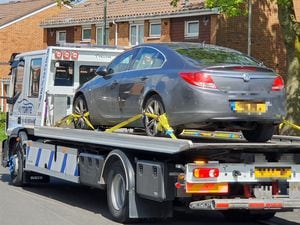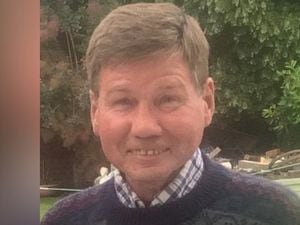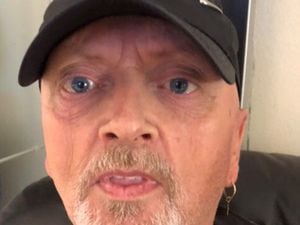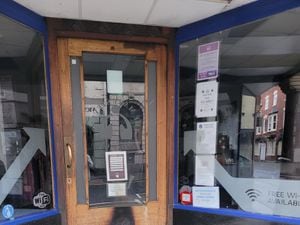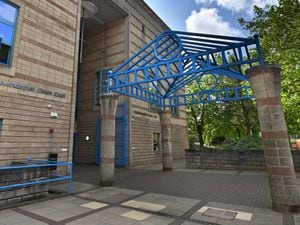'£15 million saved' as police offer Black Country drug addicts help instead of jail
Drug addicts caught with cannabis and Class A drugs by police in the Black Country are being offered help instead of being arrested in a policy said to be saving police millions.
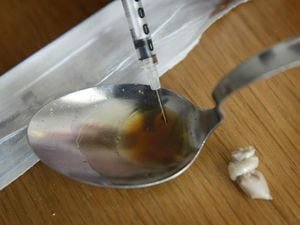
There has been a major drop in drug possession charges in the region which has been put down to a total "culture change" in West Midlands Police but also coincides with coronavirus lockdowns.
Between July and December last year there was an 80 per cent drop in cautions for drug possession compared to 2019 and a 71 per cent fall in charges.
Simon Foster, the Labour West Midlands police and crime commissioner, has supported a policy of helping addicts instead of the traditional "war on drugs" policy.
Last year 856 people caught with drugs in the Black Country - Dudley (157), Sandwell (344), Walsall (178) and Wolverhampton (177) were not cautioned or charged but referred to various agencies for help.
Drug service provider Cranstoun was given £1 million two years ago to run the new strategy working within custody suites in Wolverhampton, Oldbury and Stourbridge.
Cranstoun's Aaron Owen told the West Midlands Strategic Policing Board: "We have saved thousands of policing hours and saved the taxpayer £15 million. We have got other police forces asking how we deliver the service, we had Hampshire yesterday and Police Scotland next.
"Anyone found with drugs is offered help instead of all the time and effort of going through an arrest and custody. 90 per cent of people have been caught with cannabis and the other 10 per cent cocaine or other class A drugs, they are offered treatment immediately."
"The Home Office are referring the other forces to us. The West Midlands is seen as the gold standard."
He added: "We have to thank the police officers for their hard work and making this possible. It has been a massive culture change regarding drugs and I am pleased officers are now downloading the app which helps them find out what services they can offer the person they normally would have arrested."
The DIVERT programme is designed to "divert" those arrested for possession or who tested positive for drugs away from the criminal justice system. Police officers can log onto an app on their phone to find help immediately if the person agrees.
Last year 820 people were put through the Cranstoun Arrest Referral Service with 180 in Dudley, 247 in Sandwell, 188 in Walsall, and 205 in Wolverhampton.
Instead of facing the inside of a cell or a criminal record they were offered services including advice, voluntary assessment, onward referral, care planning, Naloxone training and supply and overdose management.
The switch to offering help to those who were caught through stop and search has led to less Afro-Caribbean and Asian youngsters being charged or cautioned.
In the Black Country 427 people were given access to treatment, 310 voluntarily and 65 ordered by the court to have drug treatment and 52 alcohol.
However, Strategic Policing and Crime Board member Charmaine Burton spotted a red flag in the Preventing and Policing report, which said: "Since the start of the pilot to the end of December 2021 a total of 17 people have been admitted in to a rehabilitation programme. Although none of the individuals have managed to complete the full 12-week residential rehabilitation programme, three people have completed at least nine weeks."
She said: "How can it be on track to achieve its aims when not one person has completed the offenders to rehabilitation project?"
West Midlands Police assistant chief constable Jayne Meir replied to Miss Burton: "It is very difficult to say whether these people will take drugs again in the long term. However, just because someone did not finish the course does not mean it was not a success, they will have made inroads with them."
Police and Crime Commissioner Simon Foster said: "The CARS programme is not only helping us break the cycle of crime and giving people their lives back, it is also helping save the taxpayer money.
"Our drugs policy has been leading the way nationally and I’m pleased that other forces have also commissioned this ground-breaking service that is really making a difference."

